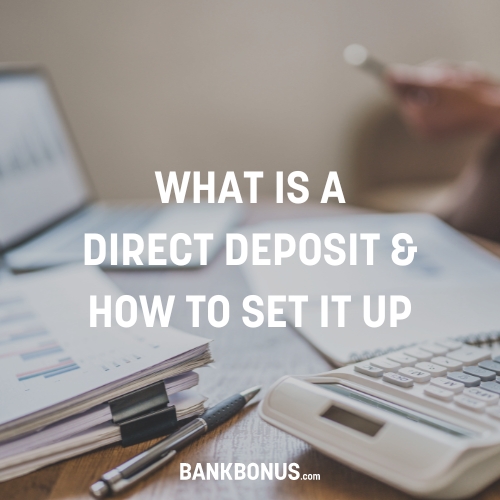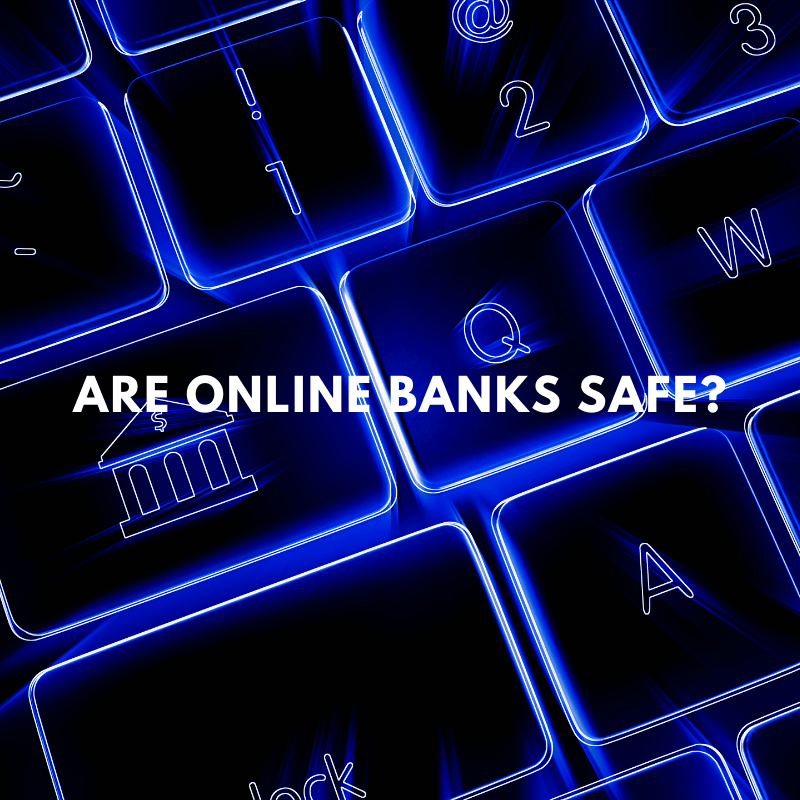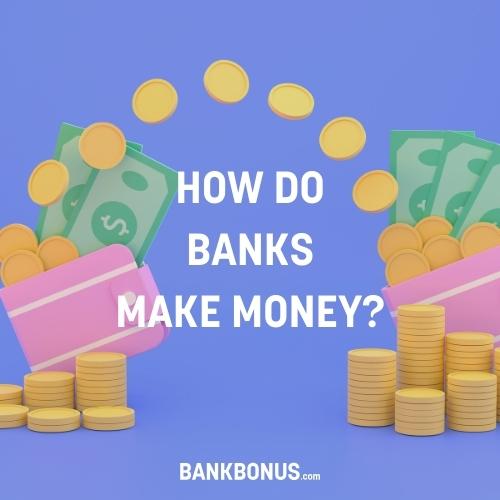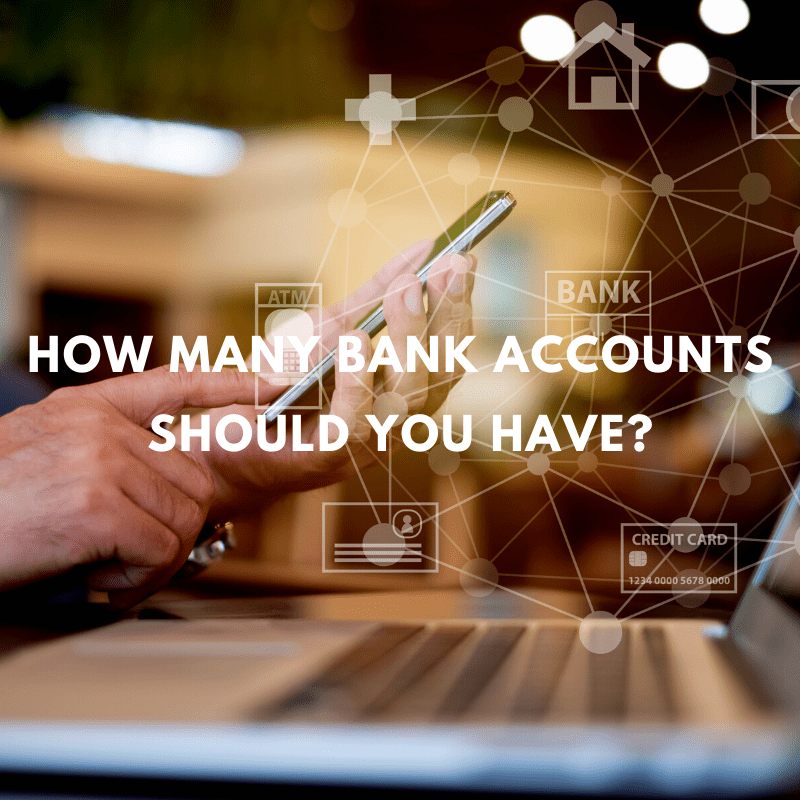If you’ve been unable to get a bank account or want to find alternatives to banks, there’s a growing list of options out there.
Some of these alternatives have been around as long as banks themselves. Others are relatively new and have been making a significant impact in the short time they’ve been around.
Either way, the good news is that there are many different options available. Regardless of your requirements, you are much more likely than not to find a suitable alternative to banks to satisfy your needs.
9 Best Alternatives to Banks
While banks have reigned supreme for many years, technology is quickly disrupting the banking market.
As a result, there are now some great alternatives to banks to what has been an inescapable requirement for many years.
Here are some of the top alternative banking options you can use today – both new and old:
- Online Banks
- Credit Unions
- Neobanks
- Money Market Accounts
- Certificate of Deposit
- Cash Management Accounts
- Peer-to-Peer Lending
- Brokerage Account
- Prepaid Card Programs
Online Banks
While online banks are technically speaking a bank, they offer a very different business model to what you’ll find at traditional brick and mortar banks.
First of all, there are no physical branches to visit. While this might sound like it should score negative points, in reality, it allows the bank to keep its overheads low and pass the savings on to you.
As a result, online banks can offer lower or no fees and higher interest rates on online savings and other accounts. But this is not the only advantage of online banks.
With no physical branches to visit, you do everything online (hence the name). With no bank branches, their apps have to be strong and have many advanced features. Otherwise, their customers wouldn’t be able to use their services and end up resorting to brick-and-mortar banks.
The good news is that generally speaking, online banking apps are robust and include additional features that you’d be hard-pressed to find anywhere else.
Available features can be automatic savings options, budgeting functionality, remote check deposit, and a host of other features designed to help you to manage and save money more efficiently and effectively.
Over and above all of this, online bank accounts are still insured by the FDIC (Federal Deposit Insurance Corporation). Online banks work with traditional banks to get insurance cover. Still, it’s all transparent to you, and you will only ever have to deal with the online bank.
Online banks offer most, if not all, of the banking products and services that you’ll find in a traditional bank. As a plus, you get the added convenience of true online banking with all of its perks.
So it’s easy to see why online banks made the top of our list of the best alternatives to banks.
Pros:
- Low or no monthly fees
- Everything is done online
Cons:
- In most cases, no cash deposits are accepted (only direct deposit transfers)
- No branches
Credit Unions
Credit unions indeed follow the same structures as banks. However, there is one big difference.
You do not become a customer of a credit union but a part-owner. The deposit required to open an account is effectively you buying a share of the credit union. You’ll be entitled to dividends when these are distributed and a say on which direction the credit union takes.
Credit unions are nonprofit organizations, so they’re not in it to make money. As such, what this translates to is lower fees and higher interest rates, with credit unions always landing top spots when it comes to accounts with high interest rates.
While credit unions are member-owned, they are still regulated, with federal credit unions making up the lion’s share of credit unions available.
Accounts are also insured through the NCUA (National Credit Union Administration).
As credit unions are not for profit, the amount of money they can invest back in such things as technology can be limited.
While members could decide to invest in developing the coolest mobile banking app ever, they may also choose to offer loans at reduced rates instead. Of course, this is just an example. Over time, enough money should be available to invest in covering all the bases.
Credit unions offer memberships to people who have something in common, like their workplace, the area they live in, the school they’ve attended, or some other common denominator.
Since you need a membership to join a credit union, you can’t just join any credit union you like but need to fulfill the membership criteria instead.
On the positive side, once you find a credit union you’re eligible to join, they are more likely to understand your needs – and offer a more personalized service.
Credit unions offer all of the products and services you’ll find in a typical bank, including an array of deposit accounts, debit cards, credit cards, and loans.
Pros:
- Wide range of banking services and financial products
- High-interest rates
Cons:
- Limited reach
- Requirements such as minimum balance still typically apply
Neobanks
When it comes to alternative banking, Neobanks often make it to the top of the list. They are a new breed of banks that is out to challenge, on all levels, the business models that have long served traditional banks.
Like online banks, Neobanks don’t have a physical presence but carry all of their work online. Generally speaking, they target the tech-savvy consumer before anyone else with apps and services designed for the younger generations (which, the older generations can enjoy as much).
While Neobanks might not offer all of the services that banks offer (you’re unlikely to get a mortgage from a neobank), many of them have started to move in this direction and are expanding the range of products and services.
Neobanks also tend to adopt a universal business model, and most of them are expanding all over the world. Several neobanks also offer actual bank accounts giving you the same level of protection as traditional bank account owners get (including FDIC insurance).
Compared to the decades (or centuries) old traditional national banks that we are most familiar with, neobanks tend to move at neck-breaking speeds.
They may also offer the ability to hold cryptocurrencies, transfer money worldwide instantly, multiple currencies, and some of the most advanced mobile banking apps around.
On the flip side, you might have to make do without certain services such as overdraft facilities and personal loans.
Pros:
- No credit score checks
- Creative features designed for tech-savvy customers
Cons:
- No track record
- No branches to visit
Traditional Bank Account Alternatives
Savings accounts and Checking accounts are two of the most used accounts. However, they are not the only types of accounts available.
Whether you’re looking to save your money, spend it, or grow it, here are some of the top traditional alternatives to bank accounts available.
Money Market Accounts
Think of Money Market Accounts, also known as MMAs, as a hybrid between a savings account and a checking account.
With this account, you earn interest on a savings account and checking account features (like a debit card or ATM card). In some cases, you may even get the ability to write and issue checks.
On the downside, you will have limited withdrawals due to Regulation D.
While it’s is no longer in place since 2020, many financial institutions decided to continue limiting withdrawals to 6 a month.
Fortunately, not everyone decided to keep the now-defunct rule, and you should be able to find MMAs with no withdrawal limits.
Pros:
- Funds are more available
- Money earns interest
Cons:
- Limited withdrawals
- Interest rates could be higher
Certificate of Deposit (CDs)
Certificate of Deposits or CDs are savings accounts on steroids, typically earning way more interest than a savings account or a high-yield savings account.
There is a catch. However, the money has to be ‘locked in’ for a while, known as ‘the term.’ Terms range from about three months to five years or more. You can choose whichever term makes you comfortable.
As you might imagine, the longer the term, the more generous the APY rate on offer will be, with some CDs reaching and even surpassing the 1.50% APY mark.
Keep in mind that early withdrawals carry a penalty fee, which is more than likely to wipe out all the interest paid to date, and in some cases, even a chunk of the capital.
If you have never saved money in a Certificate of Deposit before, start small, so you get a feel for it. You can also do it like the pros and build a CD ladder to have a CD reaching maturity date relatively soon at any given point in time.
CD Ladders can be handy if you’re growing your emergency fund. They allow you to earn higher yields while maintaining sufficient liquidity.
Pros:
- High APY rates
- Minimal risk
Cons:
- Short-term CDs don’t provide much return
- Long-term CDs tie your money for years
Cash Management Accounts
Cash management accounts are not something that you typically find in a brick-and-mortar bank. Although to be fair, banks have started to expand their offerings to remain competitive.
Cash management accounts are usually offered by brokers, investment platforms and banks, to give those investing quick access to their cash.
Generally speaking, these accounts don’t earn interest but may come with additional FDIC insurance (often running into the millions).
The extra insurance is achieved by working with multiple banks, which allows the company to provide you with a cash management account to distribute your money in different bank accounts. Even so, you still access your money as if it resided in one bank account – your CMA.
Since CMAs are typically used for investing purposes, a word of caution here. Investing can be very risky, especially if you don’t have a deep understanding of the market.
The added risk is why many people resort to professional advisors, Robo advisors, and managed accounts to handle their investment strategies.
Pros:
- Higher FDIC insurance levels
- Make investing easier
Cons:
- Limited services
- Low APY rates
Peer-to-Peer Lending Club
Peer-to-peer or P2P lending clubs allow investors to lend money to other people. In a nutshell, how it works is very simple.
You open an account with a P2P lending club and deposit some of your savings there. Loan applications come through, and you can then decide who deserves a loan.
Borrowers pay interest, which allows you, as the lender, to make money on your savings account. The terms of the loan can vary and with it the risk you assume.
There’s no FDIC insurance, though, and the borrower might default on their loan.
Many platforms have some restrictions on how the money is used (for example, you can’t use it for gambling or student loans). These restrictions can help you achieve better risk management.
Pros:
- Easy way to invest
- Has potential for high returns
Cons:
- Greater risks than a savings or CD account
- Restrictions can limit investment opportunities
Brokerage Account
A brokerage account is an account held with a brokerage firm that allows you to invest in assets such as stocks, mutual funds, real estate, and other financial vehicles.
Typically accounts are either self-direct (you call the shots) or managed (the firm trades on your behalf).
If you decide to invest yourself, make sure you seek professional financial advice, especially if you’re just starting out. While the account has a chance to prosper far beyond a savings account, there is also a genuine risk that you will lose your entire investment.
Higher rewards always come at higher risk, so you must understand how the market works before opening a brokerage account and investing your money.
Pros:
- Has the potential of high returns
- Managed accounts can help you invest with little experience
Cons:
- Investing is highly risky
- Requires an understanding of how the market works
Prepaid Card Programs
Many big companies such as Amazon and Walmart have started to offer prepaid Visa and Mastercard cards to their customers.
They typically come with several banking features like direct deposits (good for getting your paycheck) and cashback programs.
While these have some limitations, they still cover most if not all of the basics – enough to get you by in most cases.
Pros:
- Cashback programs
- No credit check
Cons:
- High ATM fees
- Limited services
Alternatives to Banks FAQs
Where can I put my money other than a bank?
There are several alternatives to banks where you can put your money. If you prefer something that works like a bank, online banks, credit unions, and neobanks are your best bet.
If you’re looking for something radically different, brokerage accounts, cash management accounts, and P2P lending platforms are some options you might want to consider.
How can I live without a bank account?
You can certainly live without a bank account. However, you might face limited options in certain day-to-day activities.
Having a prepaid debit card can alleviate some of the limitations – but if you’d like to get a mortgage or overdraft protection, you’ll probably need to get a bank account instead.
How do you avoid a bank?
You can avoid a bank by looking at alternatives to banks. If all you need is an account and a card, a neobank will probably service all of your personal finance requirements. If you need additional services, an online bank or a credit union will offer you more.
The important thing here is first to understand what you need out of the bank, then find the solution that best fits your requirements.
Remember that, like everything else in life, alternatives to banks are not perfect. You might have to give up on a thing or two to make it work.
What is a non-traditional bank?
A non-traditional bank can either be an online bank such as Ally Bank or American Express or a NeoBank such as Revolut or Chime.
Both tend to offer a range of financial services that can be similar or complementary to traditional banks.





No comments yet. Add your own